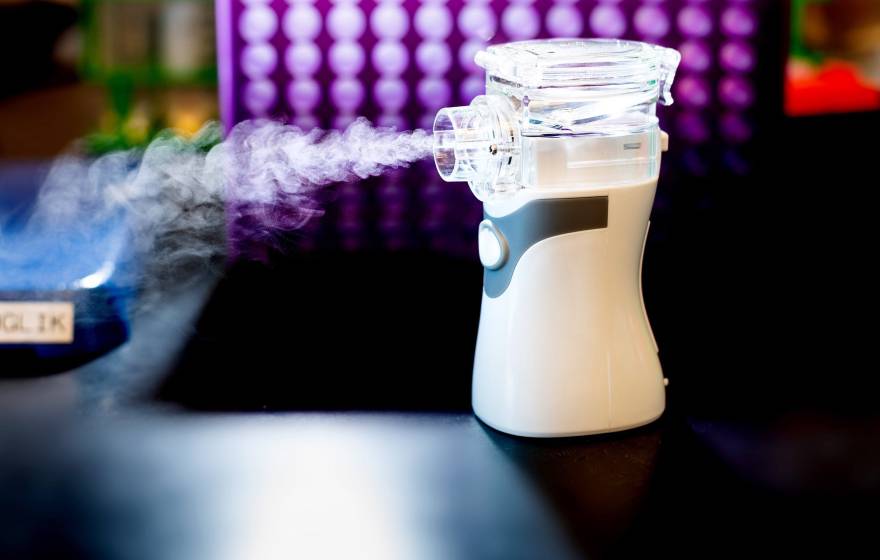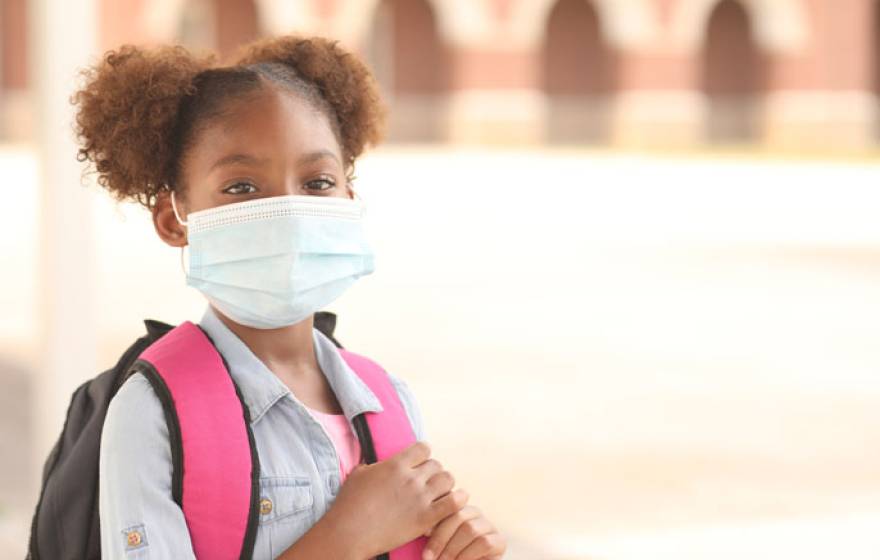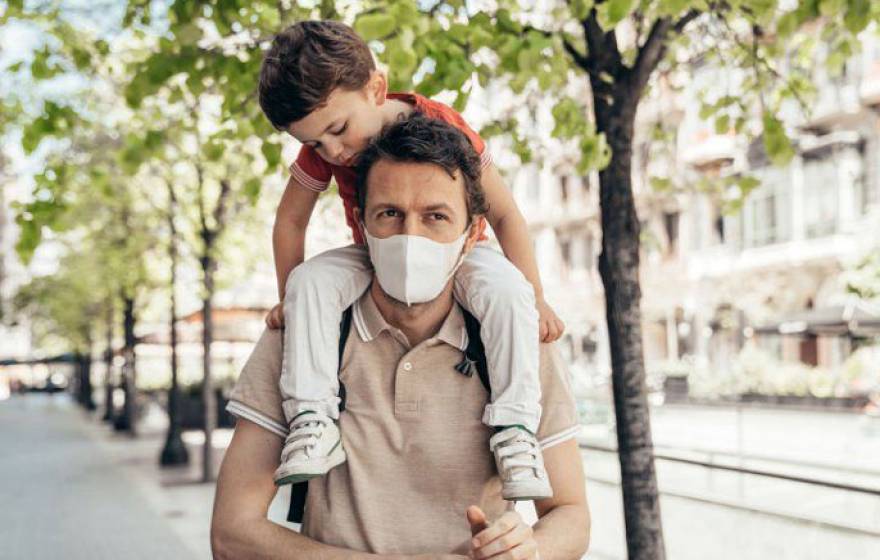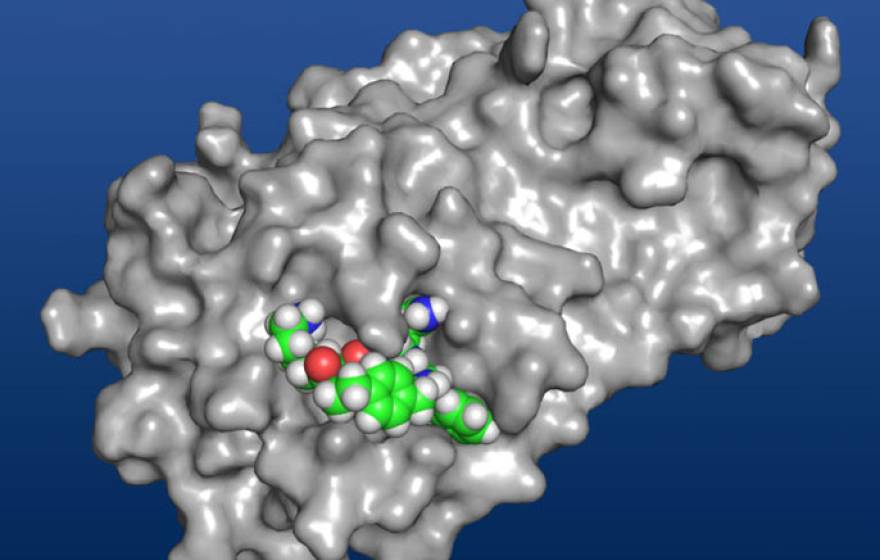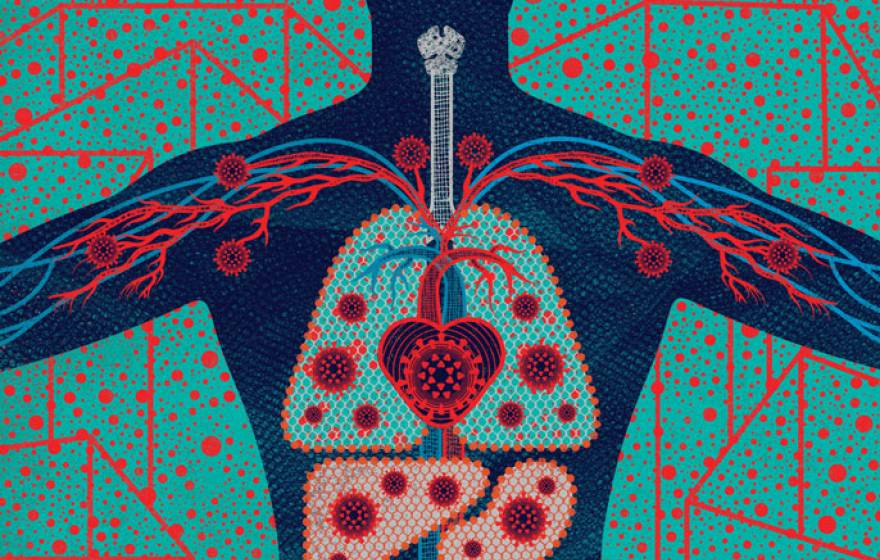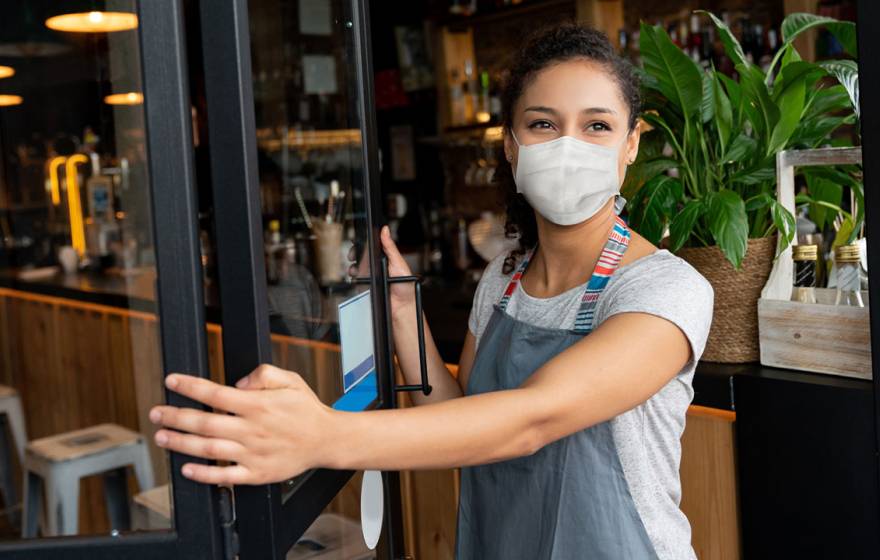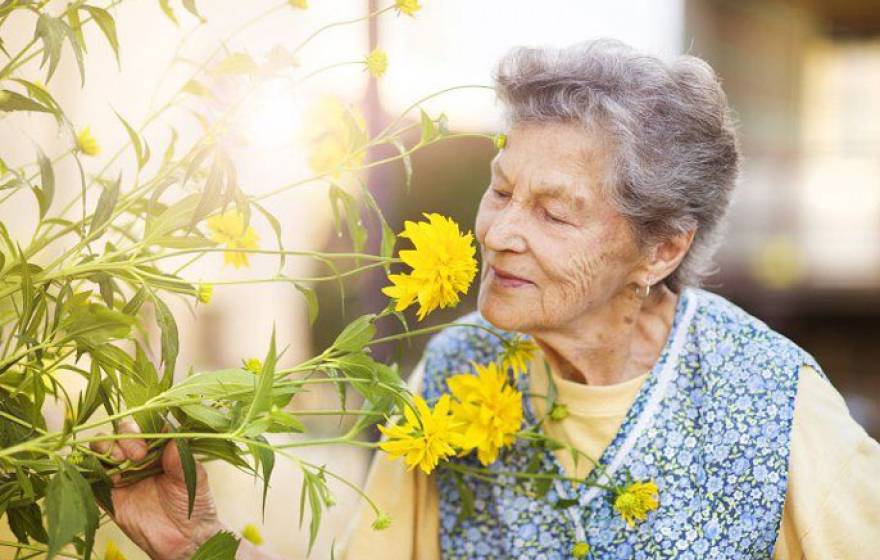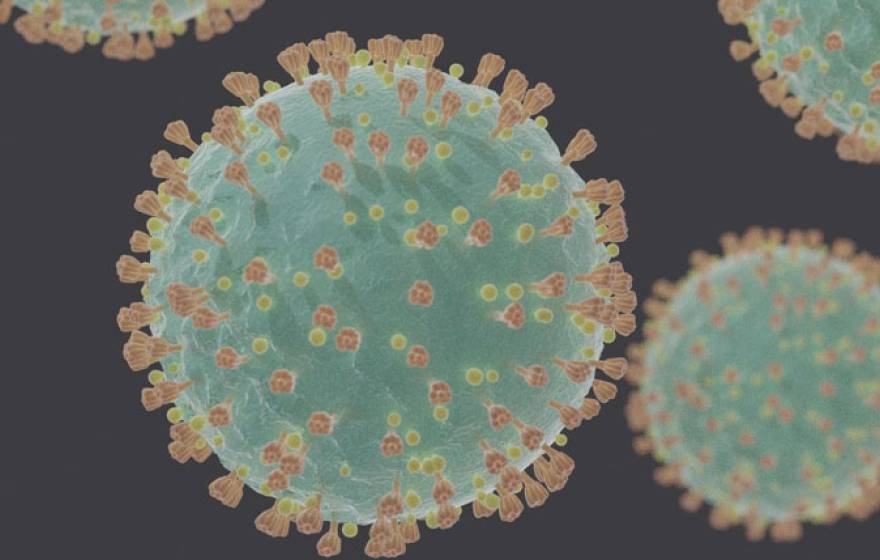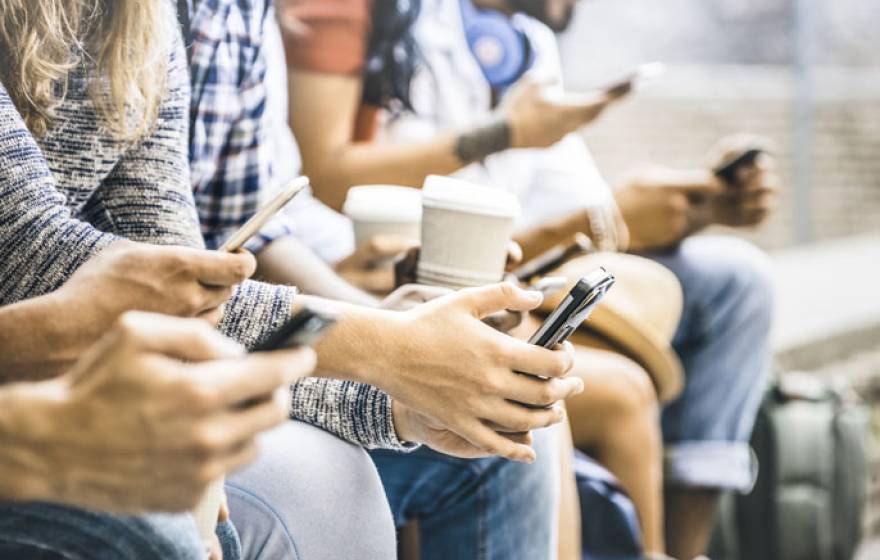A mobile app will provide motivation-based autism treatment for families.
Autism therapy in the palm of your hand
‘AeroNabs’ Promise Powerful, Inhalable Protection Against COVID-19
Scientists have devised a novel approach to halting the spread of SARS-CoV-2, the virus that causes the disease.
How to calm children’s back-to-school anxieties
MIND Institute experts explain what to look for in kids, and how to help.
One more reason to wear a mask: You’ll get less sick from COVID-19
Masks, by blocking even some of the coronavirus-carrying droplets you inhale, could reduce your risk of falling seriously ill from COVID-19.
UC Irvine scientists get ‘initial hit’ in developing drug to treat COVID-19
In an important first step, a new molecule, UCI-1, is shown to bind to the coronavirus enzyme, blocking a key function.
Do fidget spinners really work?
The study will assess whether a high-tech fidget device increases focus and relieves anxiety in adults with ADHD.
We thought it was just a respiratory virus. We were wrong.
COVID-19’s effects on the body are much more complex (and potentially destructive) than that, UCSF doctors say.
The science is in: Masks save lives and can help us safely reopen our communities
Why you — and just as importantly, your friends — should wear masks.
Older adults who can really smell the roses may face lower likelihood of dementia
Sensory perception in old age may be linked to cognition, UCSF study shows.
Noninvasive blood test can detect cancer 4 years before conventional diagnosis methods
A new screening method has shown success in detecting five common types of cancers far earlier than current methods.
Coronavirus antibodies fall dramatically in first 3 months after mild cases of COVID-19
UCLA’s findings raise concerns about antibody-based ‘immunity passports’ and the potential for herd immunity.
1 in 3 young adults may face severe COVID-19, UCSF study shows
The researchers determined ‘medical vulnerability’ by referencing indicators identified by the CDC, including e-cigarette and tobacco use.

